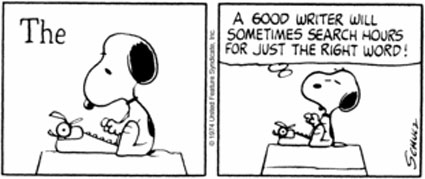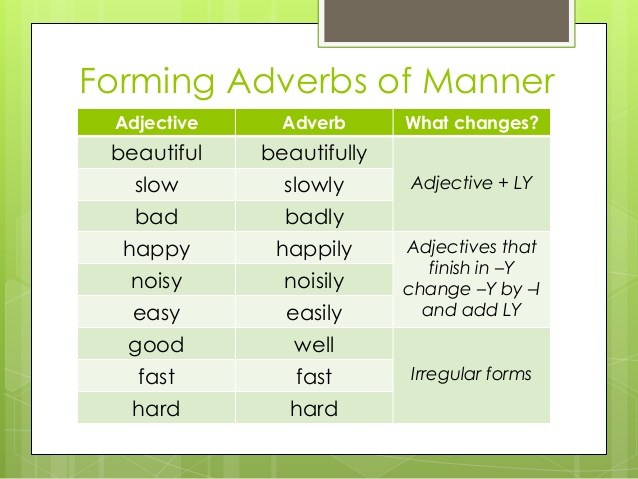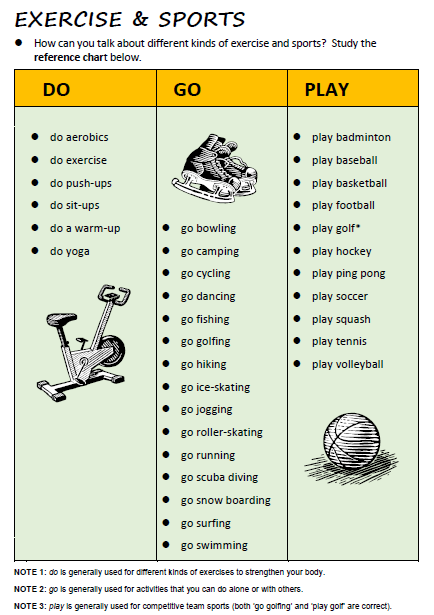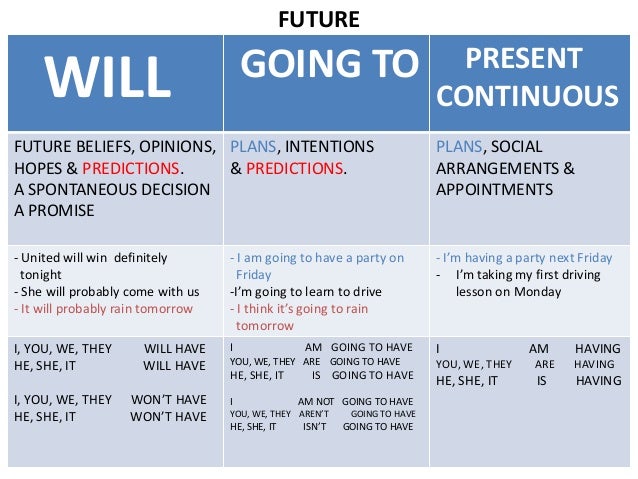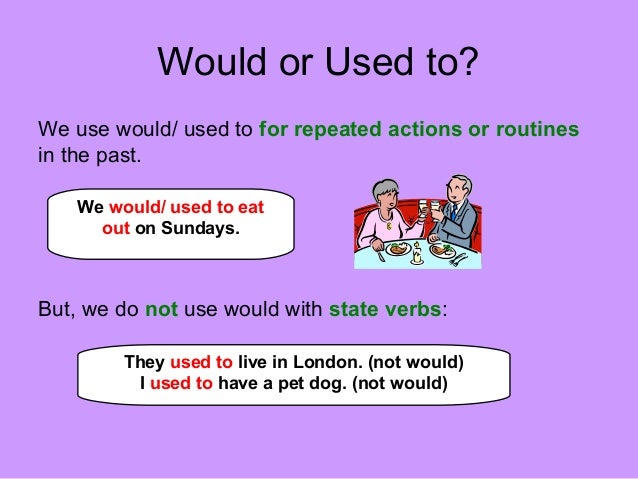Saturday
Wednesday
Thursday
Biosensors
ECG: ElectrocardiographyThis biosensor lets doctors track vitals remotely pic.twitter.com/yiBtHsONiX— Mashable (@mashable) November 23, 2017
Reading Activity Key
Sunday
Adverbs of Manner
1.- FORM
They are formed by adding the suffix –ly to the adjective.
Example: careful- carefully
low- slowly
quiet- quietly
polite- politely
false- falsely
If the adjective ends in –y, it changes into i and adds –ly.
Ex: happy- happily
easy- easily
noisy- noisily
The adjectives friendly, lonely, lovely end in –y. If you want to use the adverb, you must use the expression: in a friendly way, in a lonely way, in a lovely
way.
Ex: She is lovely.
She treats me in a lovely way.
Some adverbs don´t add the suffix –ly to the adjective, they are irregular.
Adjective Adverb
Fast fast
Hard hard
Late late
Good well
Right right
Straight straight
Ex: His work is very hard (adjective)
He works very hard (adverb)
· hardly= apenas
He is a really good actor.( adjective)
He acts really well. (adverb)
The train was late. (adjective)
I got up late.(adverb)
🙋 lately= últimamente
2.- POSITION.
These adverbs are usually placed after the main verb and the object:
Ex: She spoke to me rudely. They arrived late.
Or before an adjective:
Ex: It´s a reasonably cheap restaurant. Oh, I´m terribly sorry.
An adverb of manner cannot be put between a verb and its direct object. The adverb must be placed either before the verb or at the end of the clause.
- She closed softly the door behind her.
However, if the object is long then we normally place the adverb before the verb:
- He angrily denied that he attempted to kill his wife. (the object is underlined)
- She carefully planned the last few days of her stay in London.
VERB + PREPOSITION + OBJECT
Many verbs in English are followed by certain prepositions - some are followed by only one preposition (insist (up)on, accuse of, attend to etc.), while others can be followed by several prepositions (listen to/in on/, look at/for/into/on etc.).
In a construction verb + preposition + object we can place the adverb either after the object or before the preposition:
- I listened to her story carefully. (V + prep. + O + A) or
- I listened carefully to her story. (V + A + prep. + O)
- He replied to my letter quickly.
- He replied quickly to my letter.
- I listened carefully to her story about the adventures in Africa. (the object is underlined)
- He replied quickly to my letter I sent him in a fit of anger
PRACTICE:
Determine the best word order for the adverb of manner.
- Select your response from the list.
- Compare your response to the feedback by clicking the "Check"
How to use Play, Do and Go
We use the verbs play, do and go with sports and activities. Here is the information you need to know to use them correctly:
🏈🏆🏀🏉🎾🎲🎳🎯🎮🎽🏇🏄🏃🏂🎿
'How often do you play tennis?' - tennis is a ball sport.
'I play poker with my friends on Friday night.' - poker is a competitive game. We play to win.
'I don't like playing computer games.' - again, computer games are competitive so we use play.
🏈🏆🏀🏉🎾🎲🎳🎯🎮🎽🏇🏄🏃🏂🎿
Do is used for a recreational activity or a non-team sport that does not use a ball:
'I heard that you do karate.' - karate is a non-team activity.
'I do crossword puzzles in my free time.' - crossword puzzles are not competitive.
Do is used for a recreational activity or a non-team sport that does not use a ball:
'I heard that you do karate.' - karate is a non-team activity.
'I do crossword puzzles in my free time.' - crossword puzzles are not competitive.
🏈🏆🏀🏉🎾🎲🎳🎯🎮🎽🏇🏄🏃🏂🎿
Go is used with activities that end -ing. We go somewhere to do something:
'I'm going fishing on Sunday.'
'Are you going skiing this winter?'
'She said she was going swimming.'
Go is used with activities that end -ing. We go somewhere to do something:
'I'm going fishing on Sunday.'
'Are you going skiing this winter?'
'She said she was going swimming.'
🏈🏆🏀🏉🎾🎲🎳🎯🎮🎽🏇🏄🏃🏂🎿
Saturday
Wednesday
Road 2 English: Voice Recognition Elevator
Road 2 English: Voice Recognition Elevator: What happens if the voice recognition elevator doesn't understand us, will we get caught inside? Laugh and learn, boys and girls, laugh ...
Monday
USED TO vs WOULD
We use both of these to talk about things in the past which we don't do now or are not happening now. Sometimes both 'used to' and 'would' are OK in one sentence - sometimes only 'used to'.
Let's start with some examples of 'used to' first.
We might say,
"I used to live in Manchester, but I moved to London last year."
"When he was at school, he used to play football every Saturday."
"She used to hate her job until she got a promotion."
All of these sentences describe actions or situations in the past which are finished now; living in Manchester, playing football every Saturday, hating her job - these are all finished now.
Check out the short presentation below.
Now let's move on to 'would'. Here are some examples:
"When he was at university, he would sleep until noon at the weekends."
"My sister lived in Australia for many years, but she would always come home for Christmas."
"I would always forget my homework until the teacher threatened to punish me."
Again, these sentences are about situations in the past, which are finished.
However, it's important to notice that all the sentences, here, are about actions or situations which were repeated again and again and again.
This is the difference between 'would' and 'used to'
- We only use 'would' to describe actions or situations that were repeated again and again and again... But we use 'used to' for any extended action or situation in the past.
'Would' is only good for actions or situations that were repeated many times; 'Used to' is good for any action or situation that continued for a period of time in the past, including repeated actions or situations.
To make this clearer, let's look at the three examples of 'used to' sentences, and see if we can change them into 'would' sentences.
Here's the first example again: "I used to live in Manchester, but I moved to London last year."
Can we use 'would' instead of 'used to' here? No, we can't, because 'living in Manchester' wasn't repeated again and again and again. It's simply a situation in the past. Therefore, only 'used to' is good in this sentence.
The second example again: " When he was at school, he used to play football every Saturday." Here, we're talking about 'playing football every Saturday'. This is an action that was repeated many times, so we can also say: "When he was at school, he would play football every Saturday". 'Used to' and 'would' are both good here, and the meaning is the same.
Finally, the third example again: "She used to hate her job until she got a promotion." Did she 'hate her job' many times? No, this isn't a repeated action, so in this example 'would' isn't possible. We have to use 'used to'.
Extra tip: Research shows that statements about the past with wouldn’t are not very common. Instead, you can use the negative form of the simple past, as in
In the past, they didn’t bathe often.
Let's check now how much you have learned today.
Exercise 1 Exercise 2 Exercise 3
Jane Eyre
The novel and the quote above were written in 1847 during the Victorian period in Britain by a woman writer who published her work under the pseudonym of Currer Bell. Why did she publish her work that way?
You are about to travel back in time to a world very different from the one we live in today.
You will have to organize your tasks and form groups of four/ six students to find out how living in the Victorian England was. Each group will eventually share what they have learned about this period.
Group 1 Victorian Era: general overview
Group 2 Industrial Revolution and scientific progress
Group 3 The British Empire: general overview
Group 4 Education and schools in Victorian Age
Group 5 Victorian society and class: general overview
Group 6 Victorian society: women's roles
Group 7 Victorian literature: Charlotte Brontë & other writers
Make a poster, a powerpoint, a glogster, thinglink , Powtoon, Genial.ly, or choose another interactive tool to present your findings. Send me your final product before presenting to the class.
Group 6 Victorian society: women's roles
Group 7 Victorian literature: Charlotte Brontë & other writers
Make a poster, a powerpoint, a glogster, thinglink , Powtoon, Genial.ly, or choose another interactive tool to present your findings. Send me your final product before presenting to the class.
WEBQUEST
A timeless classic, also a critique of Victorian assumptions about gender and social class, is now commonly accepted in the canon of English literature and widely studied in secondary schools. Not surprisingly, Jane Eyre became one of the most successful novels of its era, both critically and commercially.
Sunday
Wednesday
Answer vs Reply
Saturday
Rewriting Exercises
- Identify the grammar point the sentence is testing (i.e. passive, modals, ...).
- Make sure your sentence has the same meaning as the original.
- Make sure it makes sense.
- Check for grammar, spelling and punctuation mistakes.

Rewriting 3 Rewriting 4 Rewriting 5 Rewriting 6 Rewriting 7
Subscribe to:
Comments (Atom)

